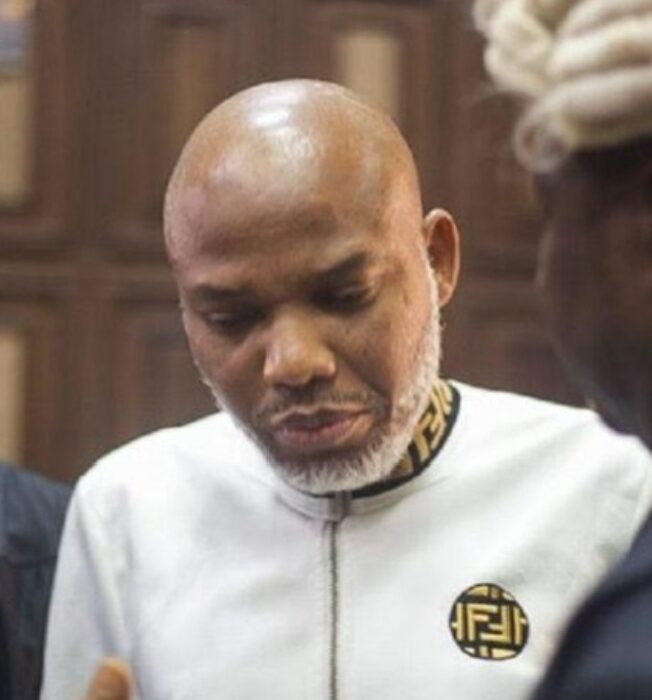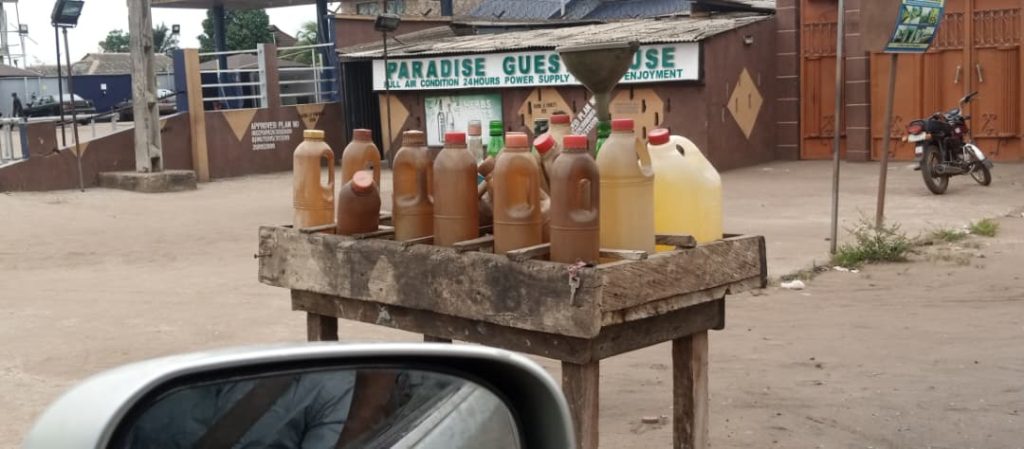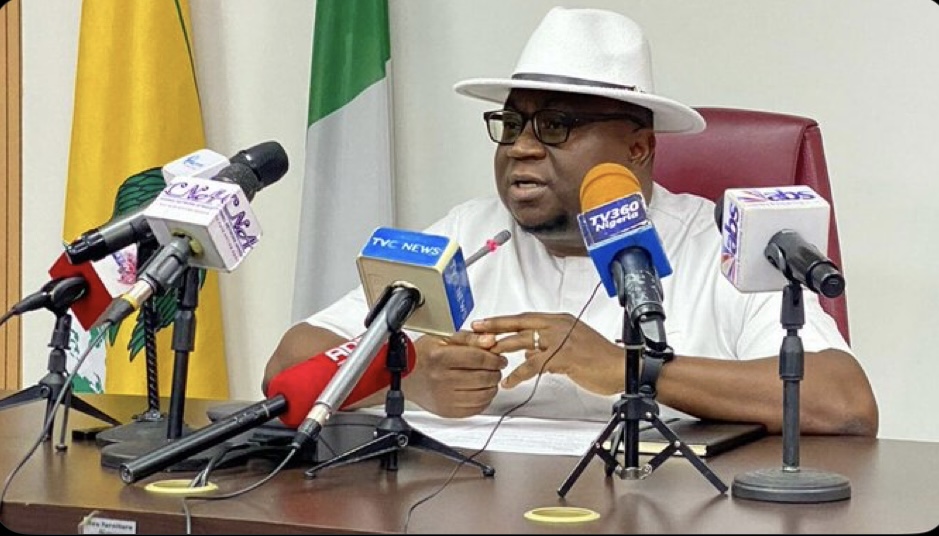IPOB Advances Eight Grounds Court Should Release Nnamdi Kanu

The Indigenous People of Biafra (IPOB) has called on the Federal High Court in Abuja to release its detained leader, Mazi Nnamdi Kanu, insisting that the Nigerian government has no legal basis to continue his prosecution.
In a statement released on Tuesday by IPOB’s spokesperson, Emma Powerful, and titled “Eight Questions That Must Be Answered Before Any Talk of Trial: Why Nigeria Has No Case Against Mazi Nnamdi Kanu,”the group argues that the government’s case lacks evidence and rests on weak, unsubstantiated claims.
The group reminded the court of an earlier remark by Justice Binta Nyako, who stated that “no government can permanently rely on intimidation in place of evidence.” IPOB also urged Justice James Omotosho, who is handling the current case, not to substitute “sentiment for law” as he prepares to rule on Kanu’s no-case submission.
The statement raised eight legal questions IPOB insists must be addressed before any trial can proceed:
1. No Investigation Report: IPOB claims there is no official investigation report linking Kanu to any of the charges against him, such as terrorism or incitement. Citing Ikomi v. The State (1986, the group argues that the absence of an investigation undermines the entire case.
2. Unreliable DSS Testimonies: The group questions the credibility of the five Department of State Services (DSS) officers set to testify, arguing that their accounts are biased, uncorroborated, and lack firsthand knowledge of any alleged crime. Legal precedents such as Adele v. The State (1995)and Musa v. The State (2019) were referenced to support this claim.
3. Lack of Co-Defendants: IPOB contends that for a conspiracy charge to hold, collaborators must be named and arraigned. The group cites Patrick Njovens & Ors v. The State (1973)to argue that the absence of co-defendants renders the charge speculative.
4. No Identified Victim: The group insists that no individual or entity has been presented as a victim of any crime allegedly committed by Kanu. Onagoruwa v. The State (1993) is cited to emphasize that crimes such as incitement or violence require proof of actual harm or a victim.
5. Guilt by Association: IPOB maintains that mere membership or leadership of the group — even if proscribed — does not prove criminal conduct. They referenced Eze v. FRN (1987) and Asari Dokubo v. FRN (2007) to argue that political identity alone is not enough to secure a conviction.
6. Broadcasts Without Jurisdiction or Causation: The group argues that broadcasts attributed to Kanu lack specific details such as time, location, or impact, and that the court must prove jurisdiction, especially when cross-border communications are involved. They cite *Nwankwo v. The State (1985)* to argue that free speech is protected unless it can be directly linked to violence or crime.
7. Absence of Foundational Elements: IPOB argues that with no investigation, no victim, no jurisdiction, and no solid evidence, the case lacks the elements needed to proceed. They quote Ajiboye v. The State (1995) in asserting that failure to establish a prima facie case should result in dismissal.
8. Ex Parte Proscription Not Valid in Criminal Trial: Finally, IPOB points out that the proscription of the group was done ex parte without a fair hearing and thus cannot be used as evidence in a criminal trial. Fawehinmi v. Akilu & Anor. (1987) is cited in support of this position.
IPOB concluded that unless these eight issues are addressed lawfully and convincingly, the case against Kanu should be dismissed.
The group warned that any ruling ignoring these concerns would undermine judicial integrity and amount to oppression.
“This is not just a legal matter,” IPOB said. “It is a moral reckoning — a test of how long injustice can hide behind the façade of legality.”







